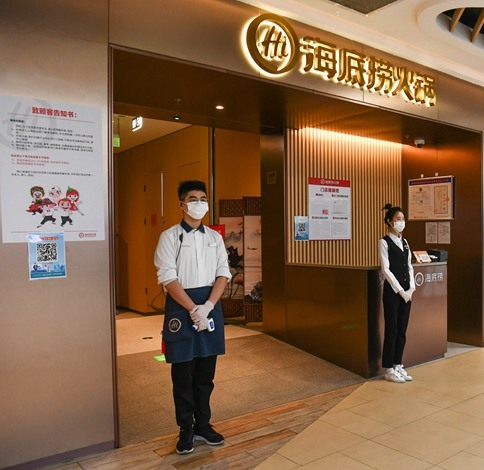
Team News Riveting
The restaurants and hotels in China would soon have waiters-turned-food ordering masters as a profession to help diners refrain from excessive ordering.
China’s Ministry of Commerce and the China Cuisine Association had joined drafted a new food waste control bill that would make it mandatory for the caterers to specify the weight of food in each dish and provide training to waiters so they can offer suggestions on the appropriate amount of food for various group sizes.
This could be aided by the creation of the “food ordering master” profession.
The bill is one of the new initiatives aimed to carry out President Xi Jinping’s plan to reduce the nation’s estimated 40 to 50 billion tons of food waste every year.
The hoteliers would be prohibited from luring customers to order more than they can consume when making any recommendations. It also said caterers can reward customers who strictly abide by President Xi’s “Clean Plates Campaign” by offering discount coupons.
Adding to the food wastage issue, the Chinese Academy of Social Sciences has forecast a 130 million ton food shortage for mainland China in 2025, according to its recent report. The “Clean Plates Campaign,” international media outlets had also speculated the country might be facing an imminent food crisis.
Experts said that the projected shortage was mainly based on soybeans. China has an annual demand for 110 million tons of soybeans, of which 90 per cent are imported. Soybean imports, mainly for oil extraction and animal feed, made up nearly 70 per cent of total food imports in 2019.
A study also forecasts a shortage of 25 million tons of wheat, rice and maize in 2025, which it says is only a fraction of the estimated total production volume of 626 million tons. The volume China produces on its own will still be above the 95 per cent threshold of self-sufficiency.



